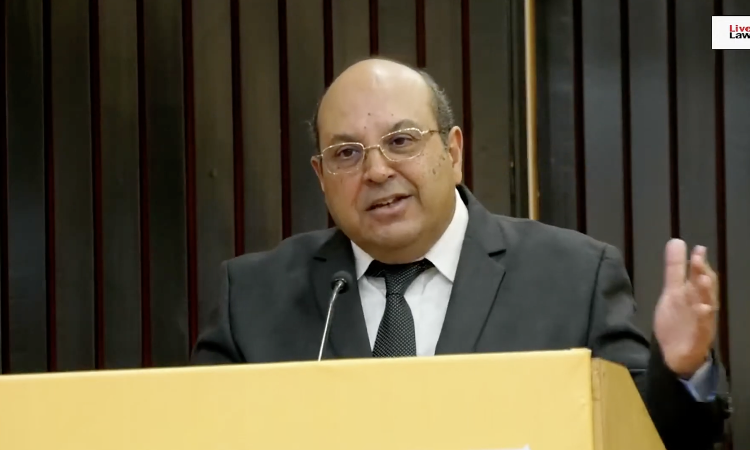Criminal Law Applied Against Hate Speech Selectively; Citizens Should Explore Civil Remedies : Former SC Judge RF Nariman
Awstika Das
12 Nov 2022 11:01 AM IST

The former judge stated that civil suits for reliefs against hate speech are maintainable and that punitive damages must be awarded.
Next Story


